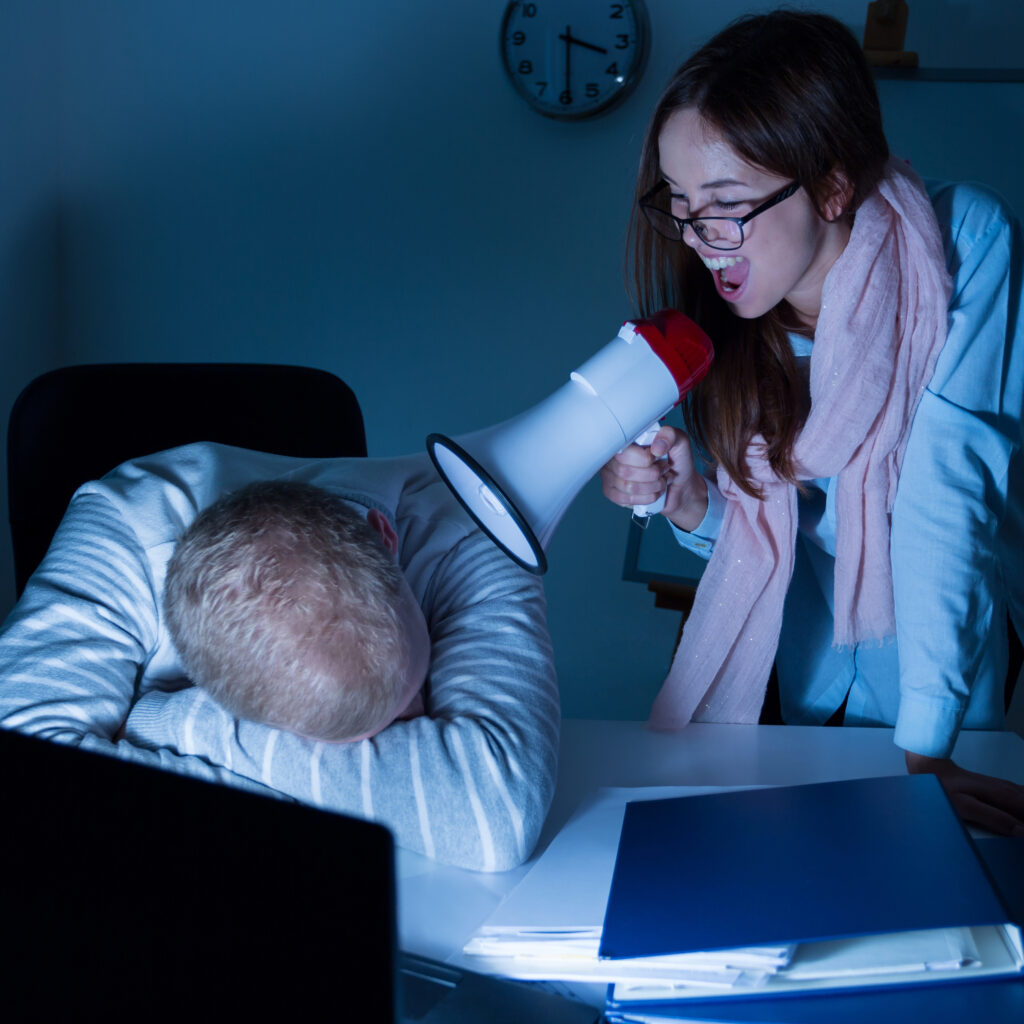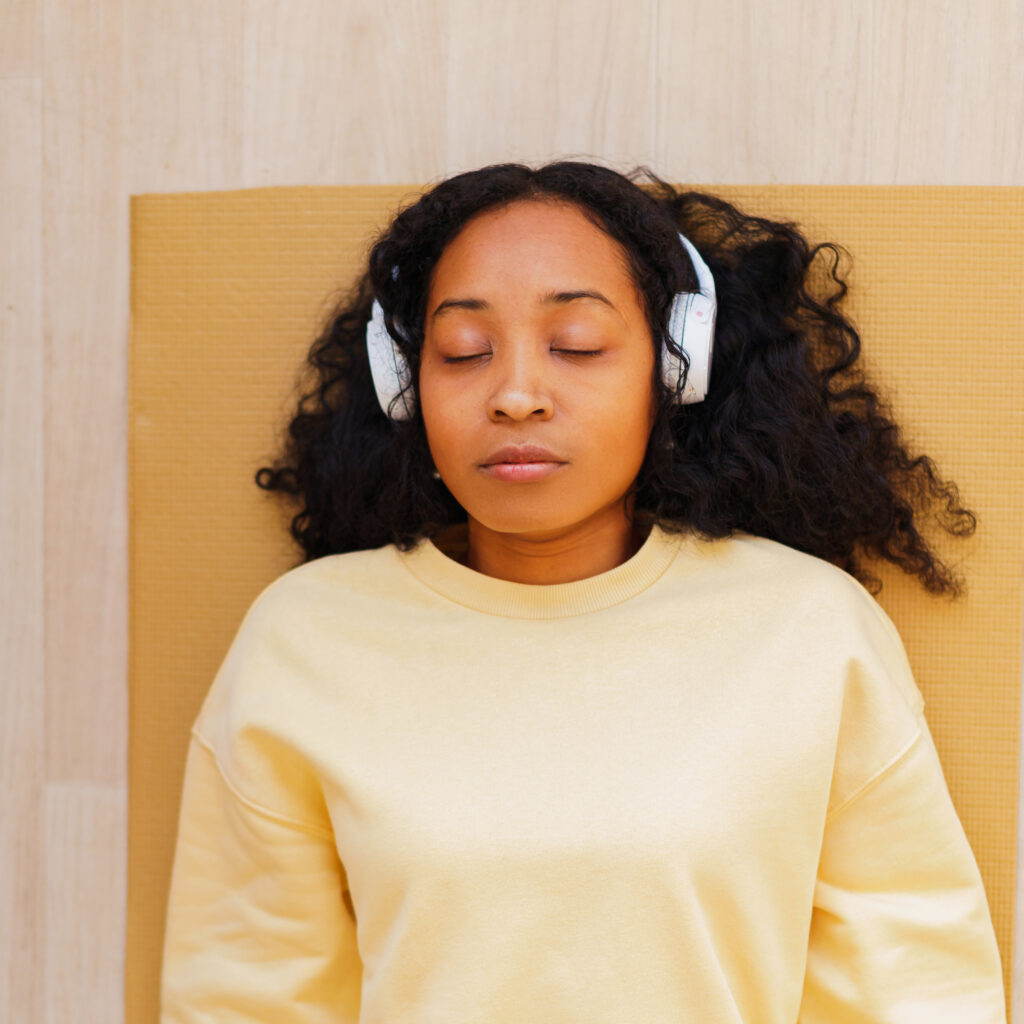Quality sleep is one of the cornerstones of overall health, playing a critical role in physical repair, cognitive function, emotional regulation, and long-term wellbeing. Despite its importance, many people in the UK struggle with insufficient or disrupted sleep, ranging from occasional insomnia to chronic sleep disorders. Modern lifestyles, increased screen time, work pressures, and stress can all interfere with natural sleep patterns, affecting energy levels, productivity, mood, and even the immune system. Understanding the science of sleep and implementing evidence-based strategies can significantly improve both the quantity and quality of rest, supporting other aspects of health such as mental resilience, fitness recovery, and general wellbeing.
Sleep is not simply a passive state of rest; it is an active, restorative process during which the body repairs tissues, consolidates memory, balances hormones, and regulates metabolism. Adults in particular need sufficient sleep to maintain cognitive function, emotional stability, and physical health. Poor sleep can contribute to increased risk of cardiovascular disease, obesity, diabetes, anxiety, depression, and weakened immunity. By addressing factors such as bedtime routines, nutrition, stress, and environmental influences, individuals can significantly enhance sleep quality. The following answers provide practical, evidence-based guidance on common sleep concerns for a UK audience, linking closely with Mental Health and Mindfulness as well as Fitness and Exercise.

How Many Hours Of Sleep Do Adults Really Need
For most adults, seven to nine hours of sleep per night is recommended to support optimal health. Sleep needs can vary based on age, lifestyle, genetics, and health conditions. Shorter sleep durations on a regular basis can impair concentration, mood, and physical performance, while consistently oversleeping may also indicate underlying health issues. Adolescents and younger adults generally require slightly more sleep, while older adults may naturally need slightly less. Maintaining a consistent sleep schedule, even on weekends, helps regulate the body’s internal clock and supports restorative sleep cycles.

What Are The Most Effective Ways To Improve Sleep Quality
Improving sleep quality involves a combination of lifestyle adjustments, environmental changes, and behavioural strategies. Key measures include maintaining a consistent sleep routine, creating a dark and quiet bedroom environment, limiting caffeine and alcohol intake in the evening, and engaging in regular physical activity. Relaxation techniques such as mindfulness, deep breathing, or gentle stretching before bed can help reduce stress and prepare the body for sleep. Avoiding heavy meals close to bedtime and managing light exposure, particularly in the evening, further supports the natural sleep-wake cycle.
How Does Screen Time Affect Sleep Patterns
Exposure to screens, including smartphones, tablets, computers, and televisions, can negatively affect sleep patterns due to blue light emissions. Blue light suppresses the production of melatonin, the hormone responsible for regulating sleep, making it harder to fall asleep and reducing overall sleep quality. Excessive screen time, particularly in the hour before bedtime, can also increase mental stimulation and delay relaxation. Reducing evening screen use, using blue light filters, and engaging in non-screen activities such as reading or meditation can help restore natural sleep rhythms.

What Foods Help Promote Better Sleep
Nutrition plays an important role in sleep quality. Foods rich in tryptophan, magnesium, and complex carbohydrates can support the production of sleep-promoting neurotransmitters such as serotonin and melatonin. Examples include oats, nuts, seeds, dairy products, bananas, and whole grains. Herbal teas such as chamomile or valerian root may also have mild calming effects. It is advisable to avoid heavy, spicy, or high-sugar meals close to bedtime, as these can disrupt digestion and interfere with sleep.

What Are Natural Remedies For Insomnia
Natural remedies for insomnia focus on behavioural and lifestyle interventions. Cognitive behavioural therapy for insomnia (CBT-I) is a highly effective evidence-based approach that addresses negative thought patterns and habits affecting sleep. Herbal supplements such as valerian root, lavender, or passionflower may provide mild support for relaxation, though their effects vary between individuals. Maintaining a consistent sleep schedule, practising relaxation exercises, limiting caffeine and alcohol, and creating a calming bedtime environment are all key strategies. It is recommended to consult a healthcare professional before using supplements, especially if there are existing medical conditions or medications.
How Can I Create A Healthy Bedtime Routine
A structured bedtime routine helps signal to the body that it is time to wind down, making it easier to fall asleep and stay asleep. This may include activities such as dimming lights, taking a warm bath or shower, reading a book, practising gentle stretching, or performing meditation or breathing exercises. Consistency is essential, so going to bed and waking up at similar times every day strengthens the body’s circadian rhythm. Limiting stimulating activities, such as work, exercise, or social media, in the hour before bed also contributes to a more restful night.

What Are The Signs Of Sleep Deprivation
Sleep deprivation can manifest in both physical and cognitive symptoms. Common signs include persistent fatigue, irritability, reduced concentration, memory lapses, mood swings, and increased susceptibility to illness. Physical signs may include dark circles under the eyes, slow reaction times, and frequent yawning. Chronic sleep deprivation can also exacerbate anxiety, depression, and stress, highlighting the strong link between sleep and Mental Health and Mindfulness. Recognising these signs early allows individuals to implement corrective strategies and prevent long-term health consequences.

How Can Stress Or Anxiety Affect Sleep
Stress and anxiety are major contributors to sleep difficulties. When the body is under stress, it produces elevated levels of cortisol and adrenaline, which increase alertness and delay sleep onset. Anxiety can also trigger racing thoughts, worry, and restlessness at night, further disrupting sleep. Incorporating mindfulness practices, meditation, and breathing exercises can reduce physiological arousal and calm the mind before bedtime. Cognitive behavioural techniques and relaxation strategies can also be effective in managing anxiety-related insomnia.
What Are The Best Relaxation Techniques Before Bed
Relaxation techniques help prepare the body and mind for sleep. Common approaches include deep breathing exercises, progressive muscle relaxation, guided meditation, and mindfulness practices. Gentle stretching or yoga can release tension in muscles and improve circulation, promoting a feeling of calm. Listening to calming music or ambient sounds can also support relaxation. Incorporating these techniques consistently into a nightly routine strengthens the body’s association with rest, improving both sleep quality and duration.

What Are Common Sleep Disorders And How Are They Treated In The UK
Several common sleep disorders affect adults in the UK, including insomnia, sleep apnea, restless leg syndrome, and circadian rhythm disorders. Insomnia is characterised by difficulty falling or staying asleep, while sleep apnea involves pauses in breathing that disrupt sleep cycles. Treatments vary depending on the condition and severity. For insomnia, cognitive behavioural therapy is often recommended, whereas sleep apnea may require continuous positive airway pressure therapy or lifestyle modifications. Restless leg syndrome and circadian rhythm disturbances can benefit from targeted behavioural strategies, medications, or light therapy. Consulting a GP or sleep specialist is crucial for accurate diagnosis and effective management.